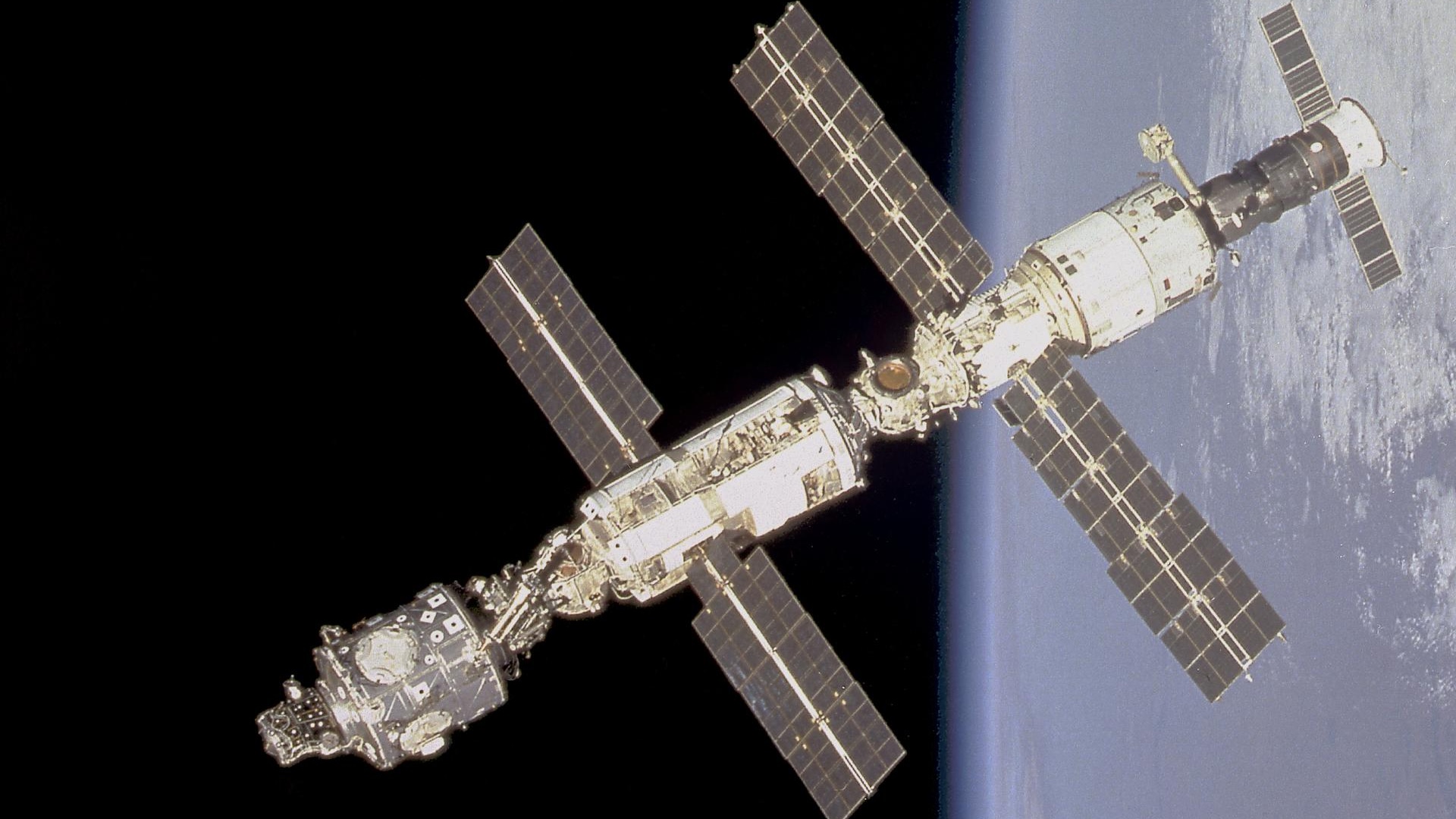Foods, Vol. 12, Pages 440: Analysis of Akkermansia muciniphila in Mulberry Galacto-Oligosaccharide Medium via Comparative Transcriptomics
Foods doi: 10.3390/foods12030440
Authors: Erna Li Shipei Li Fan Liu Qian Li Daorui Pang Hong Wang Sentai Liao Yuxiao Zou
Akkermansia muciniphila is a common member of the human gut microbiota and belongs to the phylum Verrucomicrobia. Decreased levels of A. muciniphila are associated with many diseases, so it is thought to be a beneficial resident of the intestinal mucosal layer. In this study, we found that different prebiotics promoted the proliferation of A. muciniphila, and mulberry galacto-oligosaccharide (MGO) had the greatest effect. We cultured A. muciniphila in a brian heart infusion (BHI) medium containing 5% galactooligosaccharides (GOS), mulberry polysaccharide solution (MPS), and MGO, and transcriptomic analyses were performed. The results revealed that, after 6 days of cultivation, the numbers of upregulated functional genes (based on Gene Ontology) were approximately 0.7 and 19% higher with MPS and MGO, respectively, than with GOS. Analysis using the Kyoto Encyclopedia of Genes and Genomes showed that, when A. muciniphila was cultured with MGO, genes that were upregulated were enriched in the carbohydrate metabolism, the metabolism of cofactors and vitamins, the energy metabolism, the amino acid metabolism, and the lipid metabolism. Upregulated genes included galM and pfkA in the galactose metabolism, and pgi, pfk, fbaA, tpiA, gapA, pgk, gpml, eno, pyk, and lpd in the glycolysis/gluconeogenesis pathway. Real-time quantitative PCR results were consistent with the RNA-Seq data. This work provides valuable knowledge which can be available for the functional application of A. muciniphila and MGO.

 1 year ago
56
1 year ago
56


